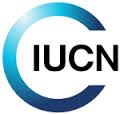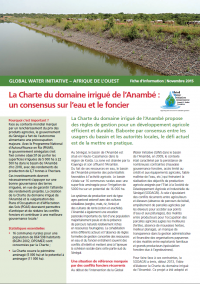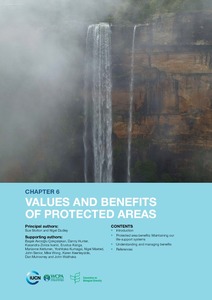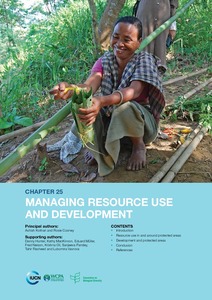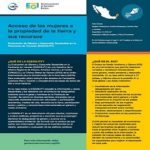Location
IUCN is a membership Union uniquely composed of both government and civil society organisations. It provides public, private and non-governmental organisations with the knowledge and tools that enable human progress, economic development and nature conservation to take place together.
Created in 1948, IUCN is now the world’s largest and most diverse environmental network, harnessing the knowledge, resources and reach of more than 1,300 Member organisations and some 16,000 experts. It is a leading provider of conservation data, assessments and analysis. Its broad membership enables IUCN to fill the role of incubator and trusted repository of best practices, tools and international standards.
IUCN provides a neutral space in which diverse stakeholders including governments, NGOs, scientists, businesses, local communities, indigenous peoples organisations and others can work together to forge and implement solutions to environmental challenges and achieve sustainable development.
Working with many partners and supporters, IUCN implements a large and diverse portfolio of conservation projects worldwide. Combining the latest science with the traditional knowledge of local communities, these projects work to reverse habitat loss, restore ecosystems and improve people’s well-being.
Resources
Displaying 41 - 45 of 142La Charte du domaine irrigué de l’Anambé : un consensus sur l’eau et le foncier
La Charte du domaine irrigué de l’Anambé propose des règles de gestion pour un développement agricole efficient et durable. Élaborée par consensus entre les usagers du bassin et les autorités locales, le défi actuel est de la mettre en pratique. Cette fiche revient sur le processus d'élaboration de la Charte et met en lumière les opportunités et défis qui en découlent.
Acceso de las mujeres a la propiedad de la tierra y sus recursos
La Evaluación de Género y Desarrollo Sostenible en la Península de Yucatán (EGEDS-PY) es una iniciativa de la Oficina Regional de México, América Central y el Caribe (ORMACC) y la Oficina Global de Género (OGG) de la Unión Internacional para la Conservación de la Naturaleza (UICN). Esta evaluación piloto incluyó a los estados de Campeche, Quintana Roo y Yucatán y complementa las bases de datos del EGI a nivel nacional.
Managing land and water resources by consensus: the Anambé irrigation scheme charter
The Anambé irrigation scheme charter sets out management principles for efficient and sustainable agricultural development. The charter is based on a consensus between river basin users and local authorities. Now the challenge is to put this into practice.

